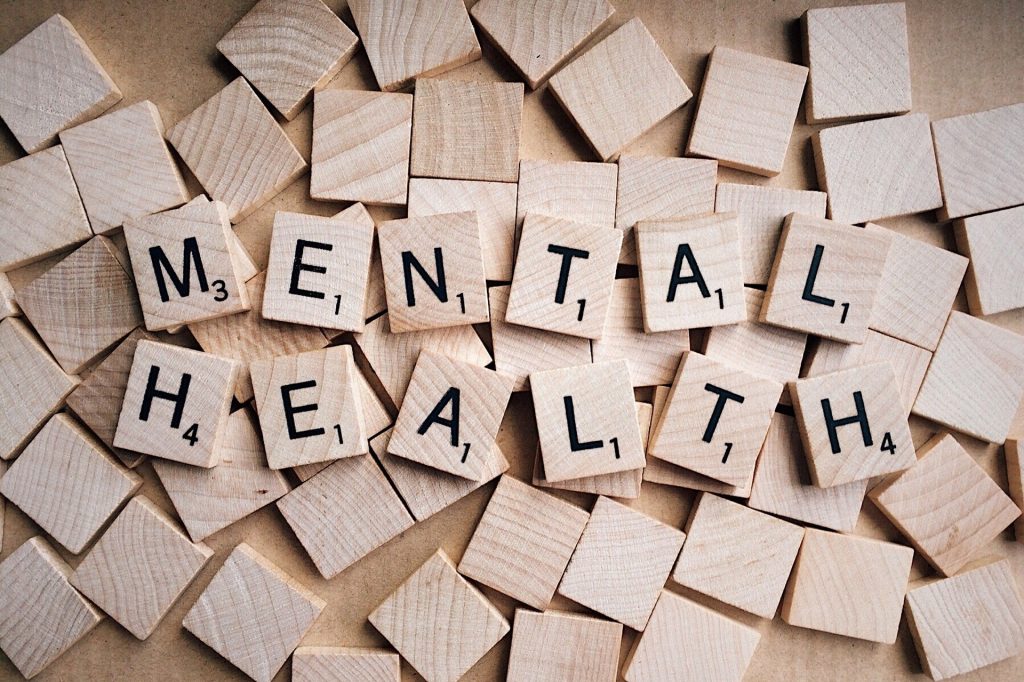
5 ways to make your mental health a priority
If you’re feeling isolated during the pandemic, you’re not alone.
On Bell Let’s Talk Day, Lisa Cecckin, a social worker in Hamilton Health Sciences’ West Niagara Mental Health clinic, shares some tips to improve your mental health.
 Step away from your screens
Step away from your screens
Many of us are working from home during the pandemic. We’re on our computers and phones more than usual throughout the day and continue into the evening. Taking a break from our screens allows us to de-stress and refresh. Take a walk outside or stretch with a quick yoga routine on Youtube at lunch to re-energize and be more effective at the tasks at hand. After work, be mindful about what you spend your screen time on. Consider balancing the time spent consuming COVID-19 related news on T.V. and social media – don’t avoid and don’t overdo it.
Balance your routine
Getting-up at the same time each day helps our body regulate emotions and allows us to take part in activities we enjoy throughout the day. If you are having difficulty with your attention and feeling productive, write down your goals and schedule for the day. Pencil in time for work, activities, and self-care. Getting dressed and showered each day ensures that we are dressing for the life that we want, not necessarily the life we have. Attending to basic hygiene will improve mood and help keep a schedule.
Balance your diet
It’s easy to reach for comfort foods during the winter months, especially when we’re spending so much time in our homes. Eating a variety of healthy foods including fruits and vegetables will keep you full longer and help to balance your mood. Often during stressful times, we’re either over-indulging or forgetting or avoiding foods. Increasing your water intake, decreasing caffeine, and limiting or decreasing substance use will also help brighten our moods.
Balance exercise
Try to increase the amount of time you exercise if you are not already. Pick an activity that works for you and start gradually. At a minimum, try spending time in nature or sitting in front of a window. It’s amazing what fresh air or natural light can do for our emotions. Other options for increasing movement include online exercise classes or listening to music and having a dance party.
Stay connected
Low mood can occur when we isolate and have little or no connection with others. Balancing our connection to others is important and helps us manage our emotions and thoughts. Phone calls, video calls, text messages, and emails help keep us connected to those we love. Staying connected with friends and family, especially during these turbulent times, helps relieve social isolation and regulate our mood. Finding new and purposeful ways to connect socially with others, even when physically distant, is important.
If you’re in need of mental health support, speak with your family doctor or call Connex Ontario (1-866-531-2600) or the Canadian Suicide Hotline ( 833-456-4566 or text START to 741741). If you’re in crisis, call 911 or go to your nearest emergency department.



